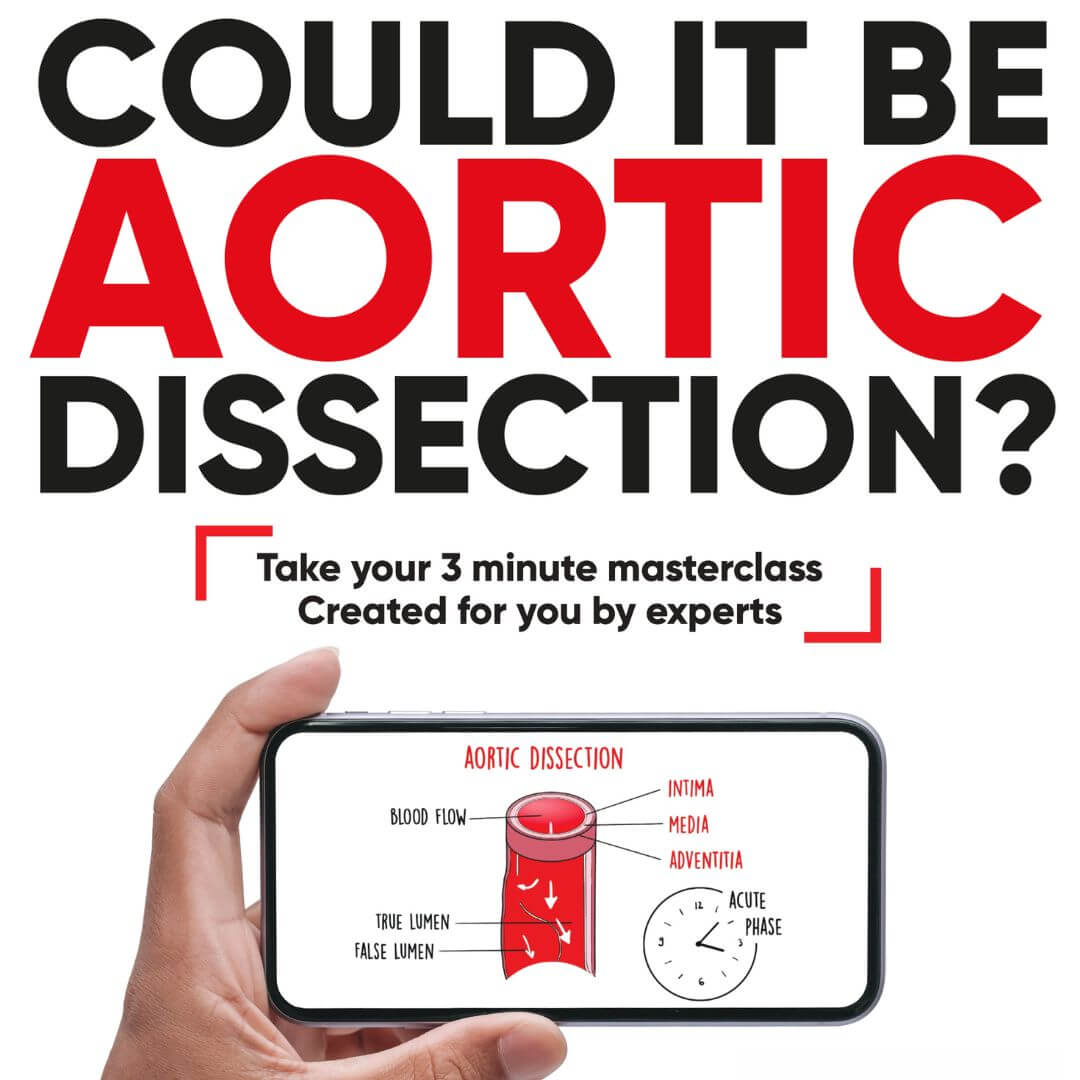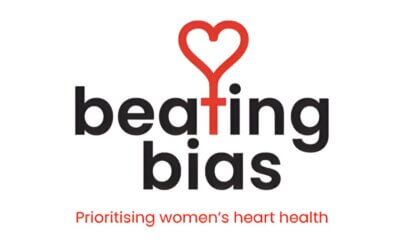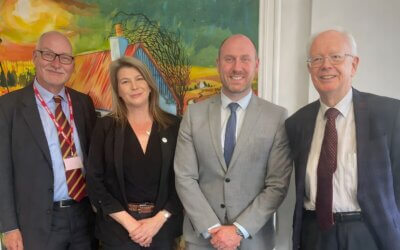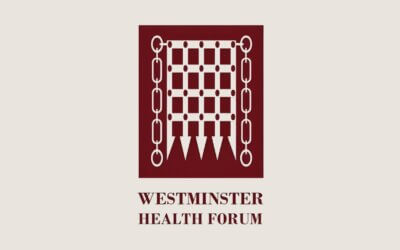The General Medical Council (GMC) and leading healthcare charities are working together to transform medical education by amplifying the patient voice. Medical students – tomorrow’s doctors – are being trained to deliver compassionate, patient-centred care from the earliest stages of their careers. A pivotal part of this effort involves patients sharing their lived experiences, particularly around complex conditions like aortic dissection, to help students better understand the realities of healthcare. These initiatives foster empathy and ensure graduates are fit to practise within the NHS, ready to meet the diverse needs of their patients.
Collaborating to Enhance Medical Training
A key contributor to this transformation is a prominent charity collaborating with medical schools, surgical educators, and professional services to integrate patient stories into training. By focusing on aortic dissection, the charity is helping create a curriculum highlighting the condition’s profound impact on patients’ lives. These stories are included in lectures, case discussions, and reflective sessions for first and second-year students. The result is a richer, more personal connection to the challenges patients face, encouraging students to think beyond the clinical aspects and engage with the human experiences at the heart of healthcare.
Embedding Patient Involvement
The charity’s involvement extends far beyond storytelling. It actively supports medical schools by participating in the design and delivery of training programmes. Patients are involved in simulated clinical assessments, offering feedback on students’ communication and interpersonal skills. Their input helps students develop the sensitivity and professionalism required to build trust with future patients. Additionally, patients contribute to the selection process for aspiring medical students, ensuring that qualities like compassion, resilience, and the ability to connect with people are given equal weight alongside academic achievements.

Guided by GMC Standards
This partnership between medical schools and the charity aligns closely with the GMC’s guidance in Tomorrow’s Doctors (2009), which stresses the importance of involving patients in undergraduate education. The document advocates for early and sustained patient contact, not only during placements but also in classroom-based learning. Supplementary advice, such as Clinical Placements for Medical Students, reinforces this by emphasising the value of real-world interactions in preparing students for the complexities of clinical practice. These frameworks ensure that students are not only learning about conditions like aortic dissection but also seeing them through the lens of patient experiences.
A Culture of Empowerment
The charity’s work also fosters a culture of inclusivity and empowerment, giving patients a voice in shaping medical education. For patients and family members, participating in training offers a meaningful way to share their journey and contribute to improving future care. For students, this collaboration is transformative, helping them see healthcare as a partnership. By hearing directly from patients, they learn to navigate the ethical and emotional dimensions of their future roles with confidence and compassion.
Laying the Groundwork for Holistic Care
By embedding the patient voice at every stage of medical education, the GMC and its charitable partners are laying the groundwork for a healthcare system built on empathy and collaboration. Tomorrow’s doctors will graduate with not only the technical skills to treat conditions like aortic disease but also the ability to connect deeply with the people behind the diagnosis. This initiative represents a crucial step towards a more patient-centred NHS, where care is as much about understanding and partnership as it is about expertise.
The groundwork is also being laid for a more holistic approach to care, including the promotion of social prescribing for aortic dissection patients. Social prescribing, which connects individuals to community support and non-clinical services, is vital for helping patients manage the psychological and social challenges that often accompany their condition. By educating medical students about the importance of these broader aspects of care, this initiative enhances their training and strengthens the charity’s mission. Future doctors will be better equipped to advocate for and collaborate with charities, ensuring that patients receive comprehensive support beyond the hospital, fostering improved long-term outcomes.
The Power of Patient Volunteers
None of this progress would be possible without the dedication of an incredible community of patient volunteers. These individuals generously give their time to share their personal stories, participate in training sessions, and provide invaluable feedback to medical students and educators. Their willingness to turn challenging personal experiences into opportunities for learning is both inspiring and transformative. These volunteers are the heart of this initiative, bridging the gap between education and real-life patient care, and their efforts are vital in raising awareness about aortic dissection while shaping the empathetic doctors of tomorrow.




